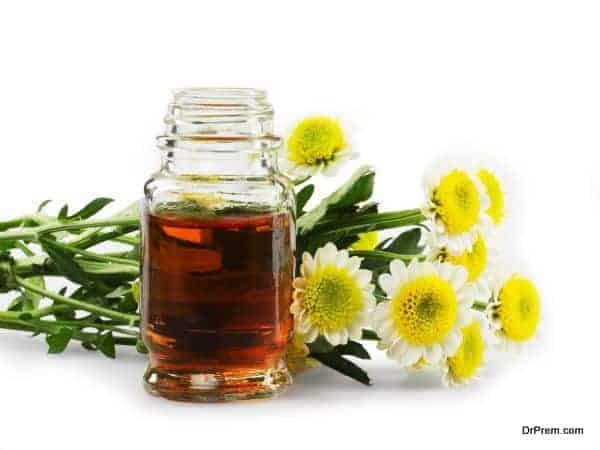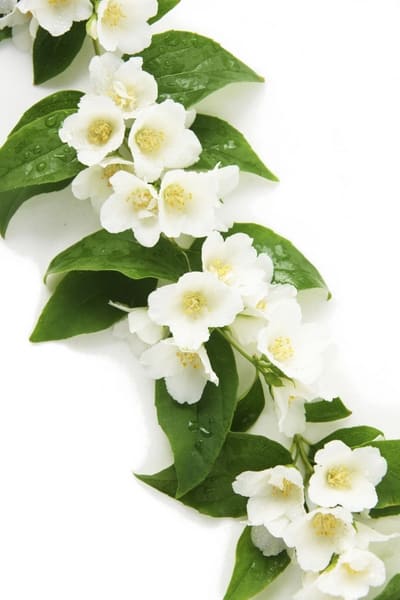Enlarged Prostate: Alternative Medicine
Top Alternative Medicine
1. Vitamin B6
Vitamin B6 regulates conversion of testosterone to DHT. Increasing consumption of vitamin B6 rich foods and supplements may shrink the prostate gland. Meat, poultry, fish, non-citrus fruits and starchy vegetables are common dietary sources of vitamin B.
2. Cranberry
Cranberry, commonly used for treating infections of the urinary tract, can also alleviate the symptoms of enlarged prostate. Consuming about 500 to 1500 mg of dried cranberry powder, at least for six months, can improve the average rate of urine flow, reduce the post-void residual urine volume and increase urine output. Cranberry is safe and can be taken for a long period. However, large doses of cranberry supplement might be unsafe for men susceptible to oxalate kidney stones. Cranberries might also interact with anticoagulant drugs.
3. Tomato
Tomato contains lycopene, an antioxidant compound that can arrest growth of the prostate gland. Moreover, by protecting the genetic materials in the prostate cells from the scavenging activities of free radicals, lycopene may reduce the risk of developing prostate cancer. Compared to fresh tomato, lycopene present in processed tomato products is easily absorbed in the gut.
4. Stinging nettle
Stinging nettle can treat mild urinary symptoms of benign prostatic hyperplasia. It is believed that compounds in the stinging nettle root suppress production of DHT. At the early stage of the ailment, the herb can shrink the enlarged cells of the prostate gland. Stinging nettle may interact with anti-diabetes and anticoagulant drugs.
5. Zinc supplement
Zinc deficiency can increase the risk of prostate enlargement. This essential mineral is an important ingredient in male hormones. It inhibits the break down of testosterone into DHT. Excess DHT triggers enlargement of the prostate gland. Daily intake of 50 to 100 mg of zinc can help to shrink the enlarged prostate. Zinc supplements can alleviate nocturia and improve urine flow.
6. African prune tree extract
The extract of Pygeum africanum, commonly known as the African tree bark or the African prune tree, can benefit men with enlarged prostate. It is usually effective in men with mild urinary symptoms related to benign prostatic hyperplasia. It improves urine flow and provides relief from nocturia or frequent nighttime urination. The active components present in the bark of the African prune tree are believed to obstruct the activities of factors stimulating prostate enlargement.
7. Soy
Just like red clover, soy is also a rich source of isoflavones. Soy rich diet is believed to be responsible for the low incidence of enlarged prostate and prostate cancer among Japanese men. Studies suggest that consuming 2 ounces of soy per day helps to reduce the prostate-specific antigen level in men diagnosed with prostate cancer. Isoflavones in soy are believed to inhibit the activities of the hormone DHT. Although, all soy products can protect men from prostate disorders, to realize the maximum benefits of the isoflavones, consume soy milk and fermented soy products. These are rapidly absorbed by the intestines. However, excess soy intake may cause gas problems.
8. Red clover
The medicinal properties of red clover are primarily attributed to chemicals called isoflavones. The red flowers of the plant can arrest prostate gland enlargement. Studies suggest that red clover can also reduce the risk of developing prostate cancer. Red clover is well tolerated. Rarely does it produce side effects such as nausea, headache, and skin rash. Men on anticoagulants should consult their physicians before taking this herb.
9. Saw palmetto
Saw palmetto is a popular herbal remedy for enlarged prostate. Health experts speculate that by suppressing conversion of the hormone testosterone to dihydrotestosterone (DHT) that triggers prostate enlargement, saw palmetto inhibits inflammation of the prostate gland. The effect of the herb is comparable to finasteride-based pharmaceutical drugs commonly prescribed for shrinking the prostate gland. The herb is especially effective at the initial stage of the illness, when the patient experiences mild urinary symptoms. Regular intake of saw palmetto may provide relief from frequent urination. Men with enlarged prostate can take 160 to 320 mg of the herb once or twice a day. Although, the herb is well tolerated, the long term effect of the herb is not clear.








